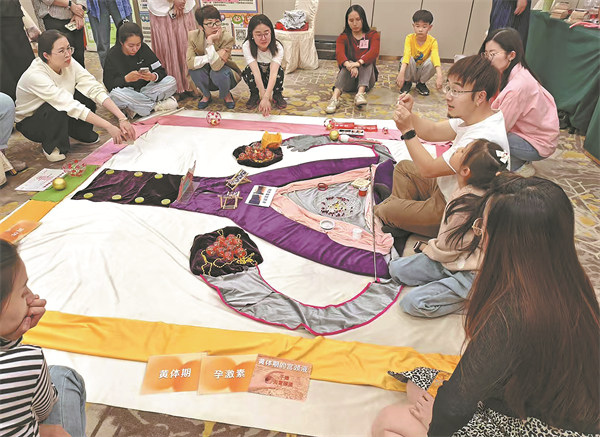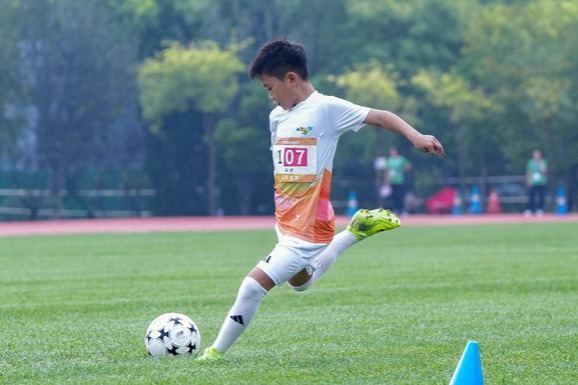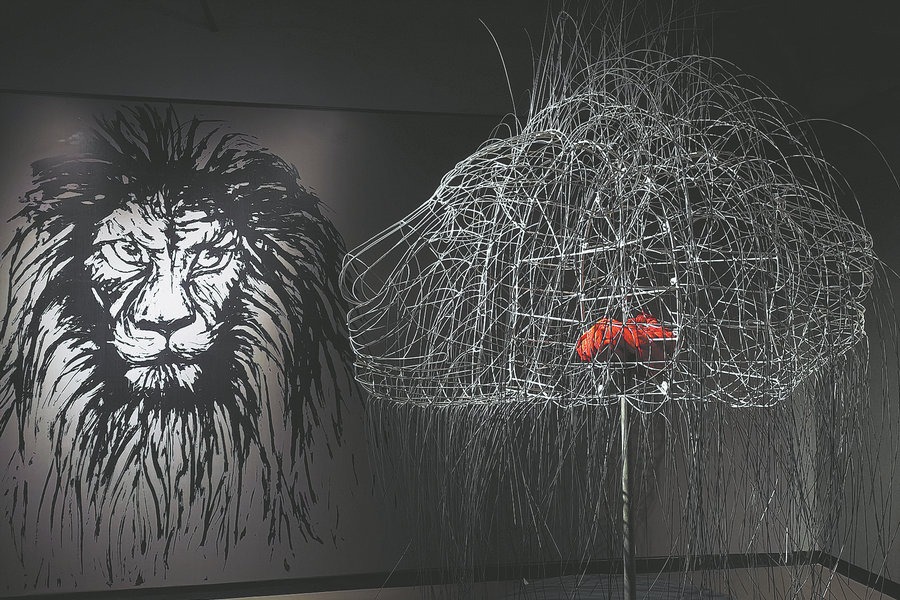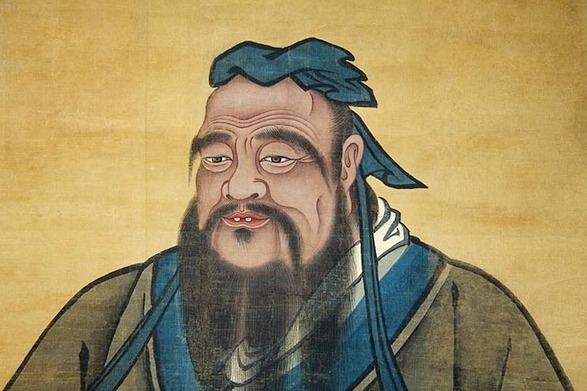Redefining what makes a man


By questioning stereotypes and teaching empathy, Male Virtue Academy encourages boys to grow beyond rigid definitions of masculinity and manhood.
Defining "masculinity" is not as simple as it may seem.
Is it a weakness for boys to cry? How should they respond if a female classmate becomes the target of sexual rumors? What is the right way for adolescent boys to shave? These may sound like small questions, but they have a profound impact on countless teenage boys.
To address these concerns, Baohu Doudou, a social enterprise dedicated to children's sexuality education, launched a video series called Male Virtue Academy at the end of 2024.
The series explores how boys develop gender awareness and how men can engage with gender issues.
Some episodes have garnered up to 1.5 million views on Douyin, the Chinese version of TikTok, making it a significant phenomenon in youth sexuality education.
When the team first proposed the name "Male Virtue Academy", they expected controversy, said Zhu Ge, the series' chief planner.
"Some people might interpret 'male virtue' as a phrase of gender confrontation, but we believe that a playful name would quickly attract attention," Zhu explained. "Once people tune in, we can use that platform to share the real message of gender equality."
The series avoids inciting conflict or using inflammatory language. Instead, it aims to "let both genders hear each other's voices in a gentle and calm manner", said Hu Jiawei, founder of Baohu Doudou.
The production team behind Male Virtue Academy consists of two women and four men — unusual in a field largely led by women. But the mix has its advantages. According to Hu, when male team members discuss topics like buying sanitary pads or supporting women who face sexual harassment, male viewers are more likely to relate and open up to the message.
The series is structured around four core themes that address the specific challenges boys face as they grow up. The first focuses on physiology and personal hygiene, providing guidance on genital care and underwear cleaning.
"This section is about teaching boys to understand and accept themselves," Hu said.
The second theme emphasizes interpersonal relationships, covering issues such as sexual harassment prevention and verbal abuse. The third centers on emotions and communication.
"We've found that many boys tend to suppress their emotions; they're used to burying stress and not letting others see it, which can easily lead to mental health problems over time," he noted.
The final subject is life skills, designed to encourage men to take a more active role in household responsibilities, whether it's cleaning or childcare. "The traditional notion that 'men as breadwinners, women as homemakers' needs to be re-evaluated," Hu said.




































